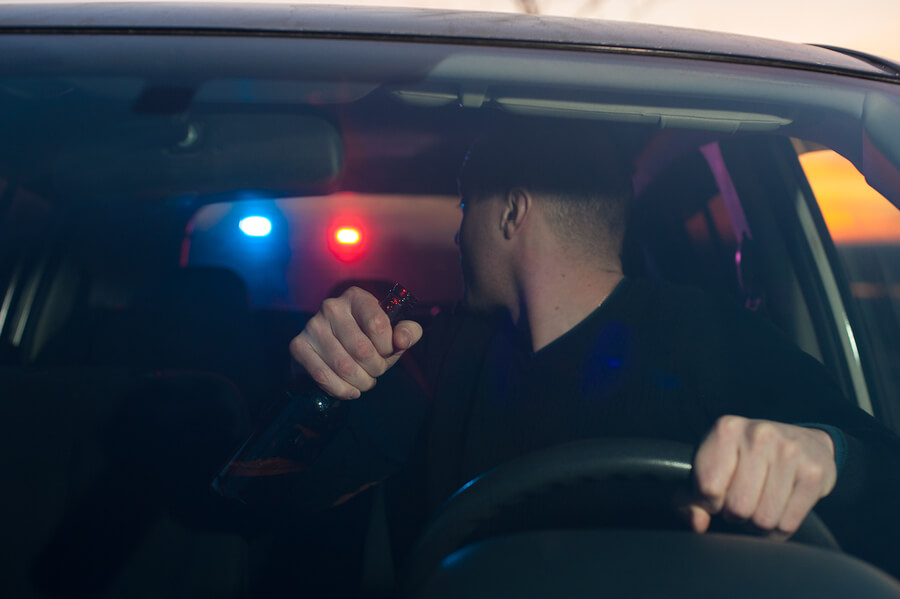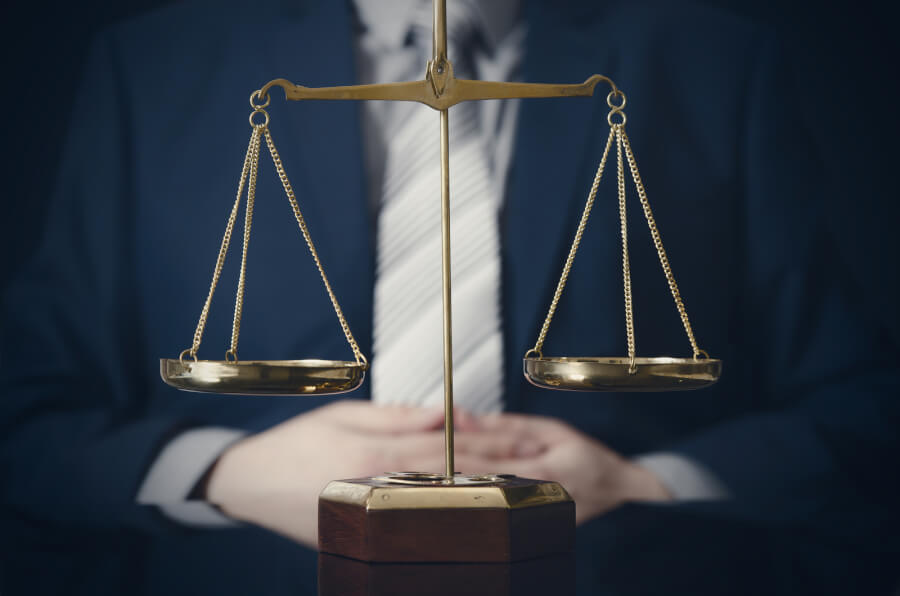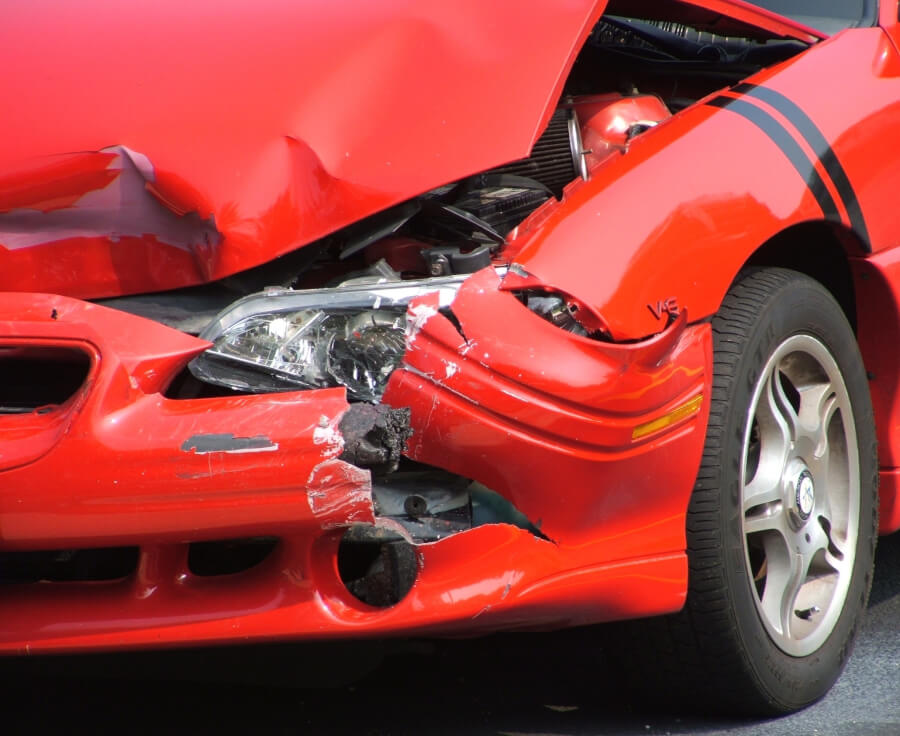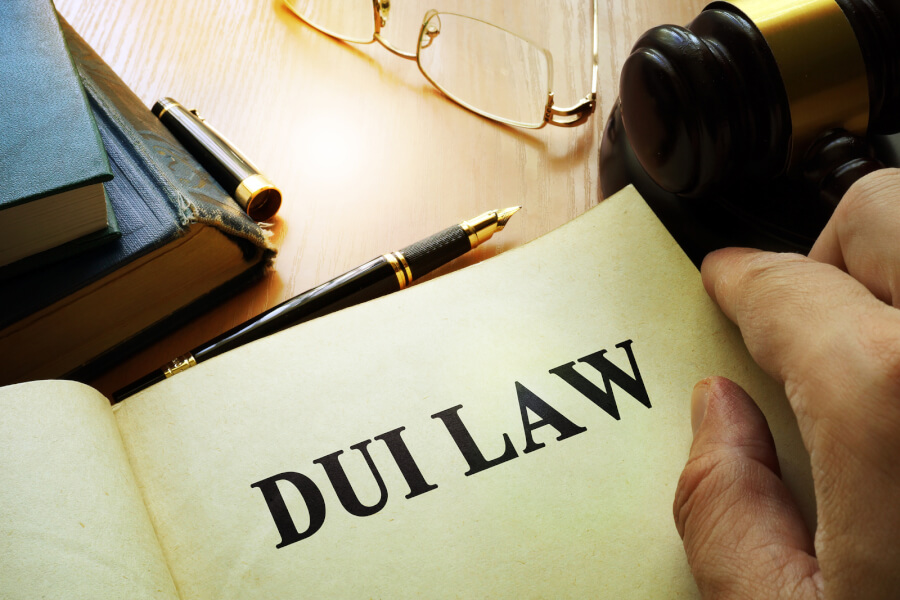You’re driving down a highway, minding your own business, and then you see the flashing lights. The police, doing a random checkpoint for DUI. No problem, until you realize you’ve had a craft beer. Or a locally made wine. Or a glass of whiskey with a friend. What do you do now? Are these DUI checkpoints even legal? Can they really do that?
DUI Checkpoints Are Legal
North Carolina has some of the toughest DUI laws in the US. DUI is taken very seriously, and the state allows random checkpoints to find and detain inebriated drivers before they cause crashes, injuries and possibly deaths on the road. Checkpoints can also be used to find unlicensed and uninsured drivers, something that can’t be observed by general driving behaviors.

These checkpoints are legal under N.C. Gen. Stat. §20-16.3A. While the Fourth Amendment protects us from unreasonable searches and seizures, the Supreme Court has ruled that DUI is serious enough problem that random checkpoints are legal, and not a violation of the Fourth Amendment. Police cannot use checkpoints as a regular method of general crime control, that is, seek out non-traffic related violations.
DUI checkpoints are required to be random, not in the same place on a regular basis. Since surprise is the most effective way of catching inebriated drivers, checkpoints are only identified by flashing police lights.
Generally, the police must have probable cause to stop someone. But in response to the epidemic of drunk driving, checkpoints became an easier way to find and remove drivers from traffic. The government has a direct interest in combating drunk driving, and checkpoints are effective in finding those drivers to get them off the road. The US Supreme Court ruled them legal in response to the demand in 1990.
North Carolina also allows checkpoints to look for uninsured and unlicensed drivers, as well as those using suspended licenses. They don’t need a warrant, only need to follow written policies and ensure that the checks are completely random.
Your Rights DUI Checkpoints

Since the checkpoints are lega but controversial, you can object, but you are still subject to being stopped and questioned.
You can refuse a Breathalyzer test at the checkpoint, but you may be required to take other sobriety testing. Refusing may also imply guilt, you could be brought to the station, and it could harm your case later.
You can also request to wait for your attorney. But that may be interpreted as giving yourself time to allow your BAC (blood alcohol concentration) to decrease before it’s tested.
Don’t Turn Around
If you see a checkpoint, your first temptation may be to turn around and go in the other direction, even if you haven’t been near alcohol.
You may get away with it, and you may not. Police have the right to follow you and pull you over to ask why you decided to avoid the checkpoint. Even without alcohol, police see it as a presumption of guilt and avoiding them. You could even be taken into the station.
The Easy Way To Get Through A DUI Checkpoint
It’s simple: stop when told, answer questions, be polite, comply with the officer’s requests, take a test if asked, and you’ll be on your way. If you haven’t been drinking, you’ll be driving again quickly.
Need Help After A DUI Checkpoint?
Attorney Dewey P. Brinkley is a former Wake County Assistant District Attorney. He’s aggressively defended numerous DUI cases and will fight for you in court. DUI isn’t something to be taken lightly, and you need someone in your corner. Call the Law Office of Dewey P. Brinkley at 919-832-0307 to schedule your free DUI consultation.




